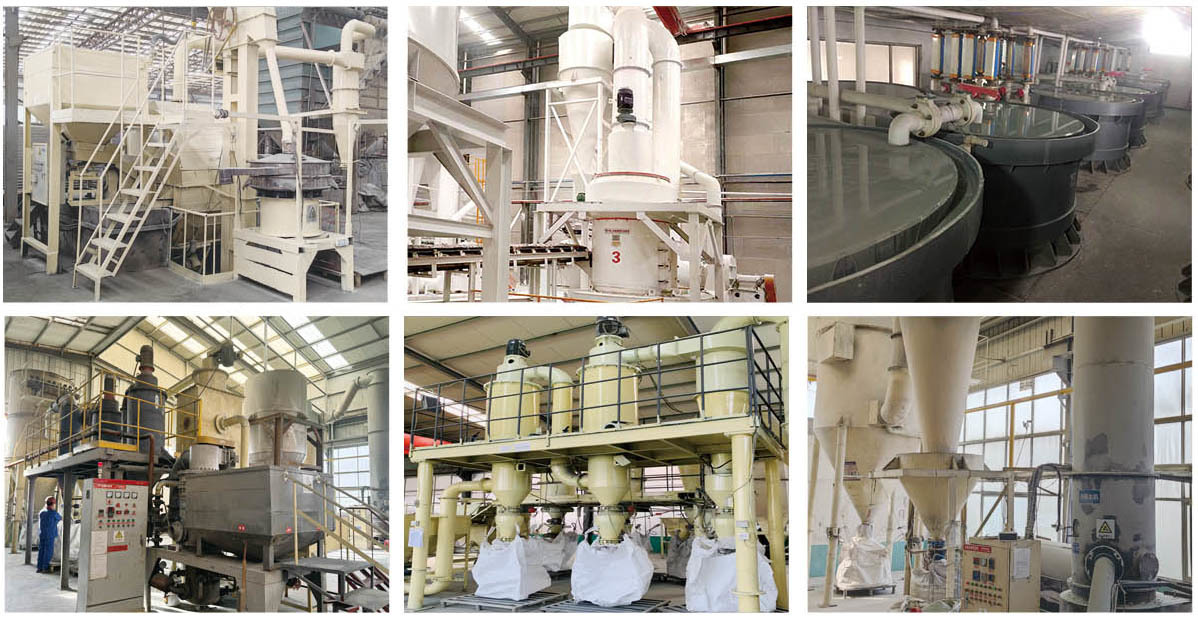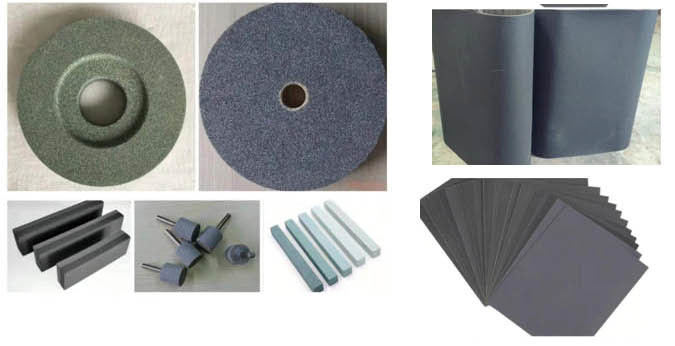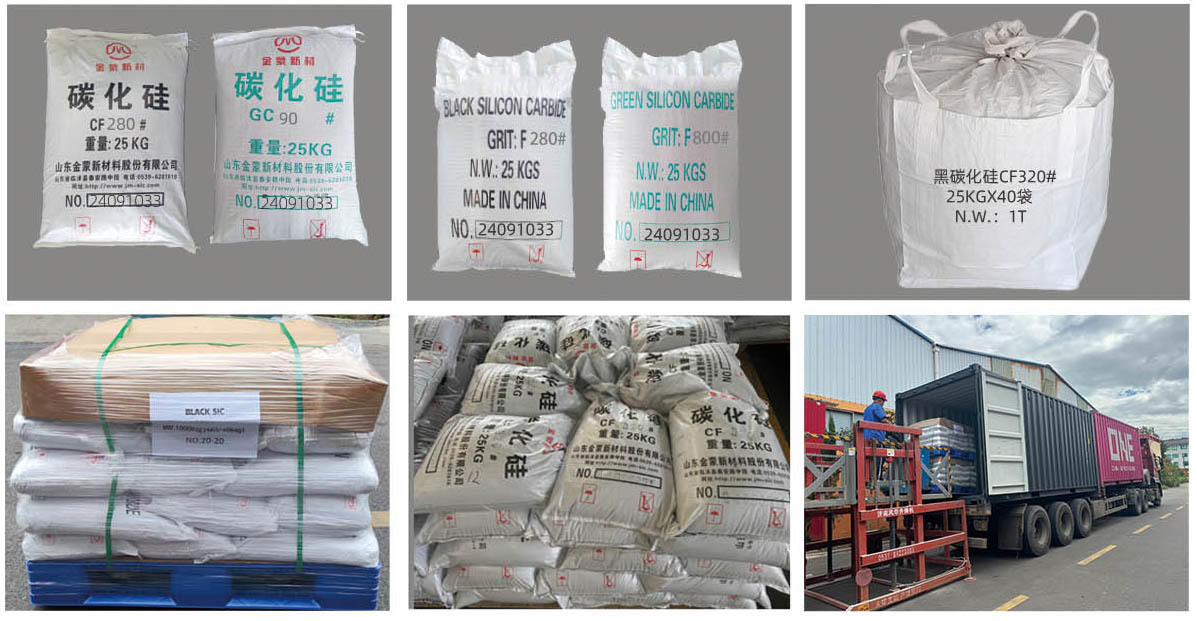Products
Contact Us
E-mail:jd319@jindesic.com
Telephone:+86-539-6261319
Address:Economic Development Zone, Linshu County, Shandong Province


Silicon carbide for abrasives and tools
Classification:
Tag:
Silicon carbide is produced by high-temperature smelting of silica and anthracite or petroleum coke in an electric furnace at 1800℃-2400℃ for 50-200 hours.
Silicon carbide has various crystal forms, with the alpha (α) phase of silicon carbide, also known as polycrystalline silicon carbide, being mainly used for abrasives and refractory materials.
Due to its unique silicon-carbon structure, silicon carbide has a very stable chemical structure. It is resistant to oxidation, acid and alkali, and corrosion, with a hardness second only to diamond (internationally, diamond is rated at 10 on the Mohs scale, while silicon carbide has a Mohs hardness of 9.3-9.5).
It can be used for abrasives, grinding wheels, sandpaper, polishing, grinding, cutting, silicon carbide structural ceramics, refractory materials, etc.
Silicon carbide is classified by color into black silicon carbide and green silicon carbide. Black silicon carbide is mainly produced from anthracite and silica (quartz sand) at high temperatures. Green silicon carbide is mainly produced from petroleum coke and silica with a small amount of sodium chloride added, resulting in a dark green color.

Silicon carbide can be classified by particle size into silicon carbide granular sand and silicon carbide micro powder.

Production process and processing of abrasives and tools
During the smelting process of silicon carbide, there may be a small amount of magnetic substances, free silicon, free carbon, and other impurities, which need to be removed through chemical purification methods, including sulfuric acid washing and sodium hydroxide washing.
Jinmeng New Materials Company has advanced grinding equipment including dry ball mills, wet ball mills, Raymond machines for granular sand grinding, Raymond machines for micro powder grinding, airflow grinding machines, ultrafine powder grinding production lines, and particle shaping machines. It also has purification production lines, airflow classifiers, overflow classification production lines, flash drying machines, large automated mixing machines, and automated packaging equipment, which can meet the special requirements of different customers for product particle shape, particle size distribution, and process requirements.

Standards for silicon carbide used in abrasives and tools
Internationally, silicon carbide granular sand is divided into grades 16#-280#, and silicon carbide micro powder is divided into grades 320#-6000#. Black silicon carbide and green silicon carbide are designated with the codes: C and GC, respectively. The specifications and models of silicon carbide are also divided into European standards: FEPA standards, abbreviated as F, and Japanese standards: JIS standards.
Applications of silicon carbide in abrasives and tools
1. Application in the abrasive field: Silicon carbide is mainly used as an abrasive in surface treatment processes such as polishing, grinding, cutting, and sandblasting, with advantages such as high grinding efficiency, significant polishing effect, and fast cutting speed. It can process and work on materials such as metals, gemstones, polycrystalline silicon, glass, and ceramics.
2. Application in the tool field: Silicon carbide tools are categorized based on different binders into resin tools, ceramic tools, coated tools, and other types of tools.
① Ceramic bonded silicon carbide tools: Generally include ceramic grinding wheels, grinding heads, grinding blocks, and special-shaped tools.
② Resin bonded silicon carbide tools: Mainly include resin grinding wheels, resin grinding discs, and resin rollers.
③ Coated abrasive silicon carbide is a commonly used abrasive material, such as sand belts, sand cloth, and sandpaper. Silicon carbide has high hardness, good wear resistance, and strong chemical stability, which can effectively improve the grinding efficiency and processing quality of abrasives. In the preparation process of coated abrasives, silicon carbide particles are evenly distributed on the substrate material to form an abrasive layer, thus achieving efficient grinding and processing of workpieces. Coated silicon carbide generally uses black and green silicon carbide. There are specific standards for coated silicon carbide: Coated standards, code: P.

Quality management
Jinmeng New Materials Company has established a complete product inspection center, equipped with multiple sets of professional testing equipment and instruments, and has various product index testing methods, including physical, chemical, and auxiliary index testing.

Product delivery
After the products pass inspection, they are uniformly packaged in 25kg/bag, and can be packaged in ton bags or pallets according to customer needs, facilitating customer loading, unloading, and storage of goods, and counting quantities.


